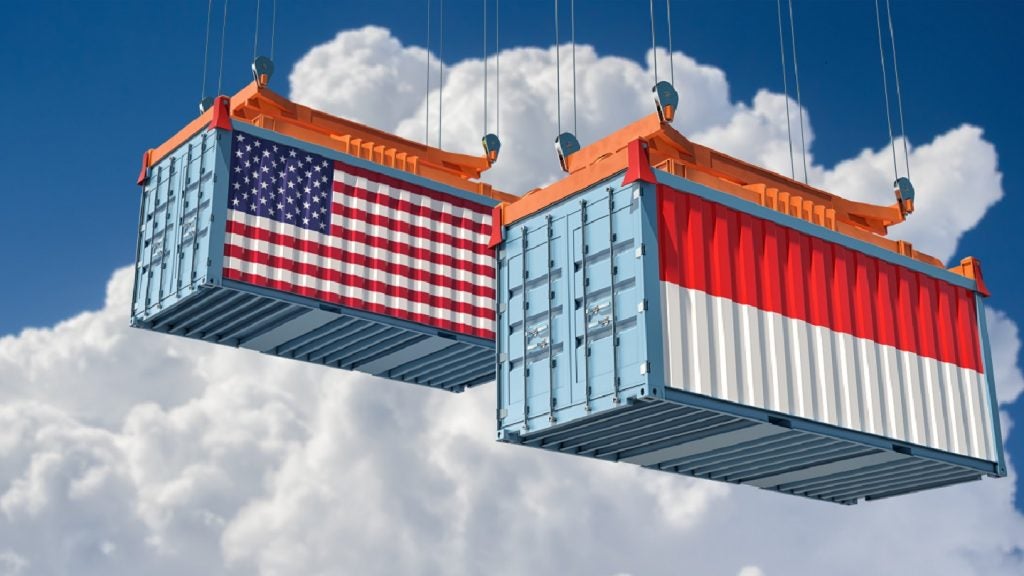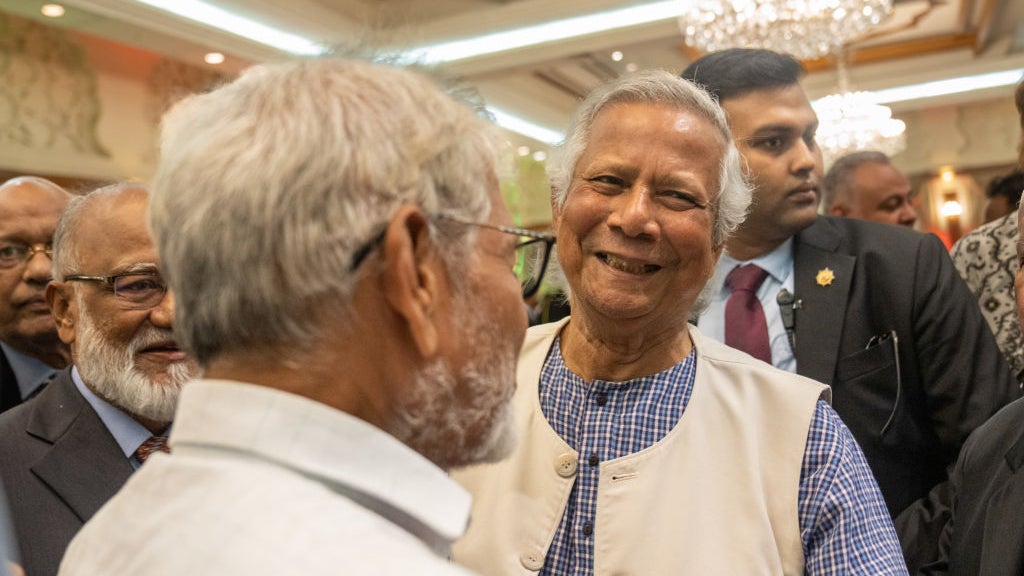The proposal was disclosed by Airlangga Hartarto, Coordinating Minister for Indonesia Economic Affairs, at the Indonesian Business Council (IBC) Business Competitiveness Outlook 2025 held in Jakarta on 13 January.
Hartarto indicated that trade collaboration between Indonesia and the US could be enhanced through various channels, including the potential establishment of a free-trade agreement (FTA).
Hartarto was quoted by local news publication Jakarta Globe as saying: "We are requesting bilateral economic cooperation to reduce tariffs.”
Hartarto's keynote speech, which was outlined in an IBC Linkedin post stated: “Indonesia is still facing several risks and uncertainties this year, such as commodity price volatility, high interest rates in developed countries such as the United States, and China's economic growth which is still below expectations. With this situation, the government hopes to maintain economic growth at the previous year level at around 5%.”
He pointed out that the US has already started to levy tariffs on certain Indonesian imports, such as textiles and other goods.
Nevertheless, Hartarto sought to alleviate these fears by noting that US tariffs on Indonesian goods, ranging from footwear and apparel to other commodities are not unprecedented. He also underscored the uneven application of US tariff policies, citing Vietnam's exemption from such duties.
“America has been imposing tariffs on our products, including shoes, apparel, and other commodities. Meanwhile, Vietnam is exempt from tariffs. We’ve become somewhat immune to the tariffs imposed by the US,” he told Jakarta Globe.
Late last year, US President-elect Trump issued warnings about potentially instituting 100% tariffs on countries within the BRICS group, which counts China and Russia among its members, should they attempt to introduce a currency in competition with the US dollar.
Indonesia became an official member of BRICS on 6 January.
Despite these looming challenges, commerce between Indonesia and the US has shown resilience. In 2023, bilateral trade hit $34.5bn, with Indonesia recording a surplus of $12bn. From January to October 2024, trade amounted to $31.6bn, with Indonesia maintaining an $11.5bn surplus, according to Jakarta Globe.
In his initial term, Trump mandated a reassessment of Indonesia's qualification for the US Generalized System of Preferences (GSP), pointing to the trade imbalance as a concern. The GSP programme, designed to aid developing countries by offering trade preferences, lapsed in 2020 and is pending reauthorisation by Congress.
Meanwhile, Trade Minister Budi Santoso stated that Indonesia is prepared to handle any repercussions stemming from the ongoing trade tensions between the US and China.
Speaking in Jakarta on Wednesday (15 January), Santoso was quoted by news publication ANTARA as saying: "That has been an issue for a long time, so we are ready."
He emphasised that enhancing the nation's competitive edge is crucial for economic resilience during such periods of strain. Santoso believes that by bolstering competitiveness, Indonesia can position itself as a favourable partner in international trade by leveraging its capabilities in both goods and services markets.
Santoso said: "It was almost the same (during Trump's previous leadership), so we have to be ready. The most important thing is that we have competitiveness. If we are competitive, then we compete with other countries, our competitiveness is strong, that's the most important thing, so we won't lose."
In a recent development, sources familiar with the matter informed US news publication CNN that Trump is contemplating declaring a national economic emergency as a legal basis for imposing universal tariffs on both allies and adversaries alike.
Utilising the International Economic Emergency Powers Act (IEEPA), this declaration would enable Trump to regulate imports during a national emergency.
A recent study conducted by the National Retail Federation (NRF) warns that new tariffs on imports could significantly diminish US consumer spending power by an estimated $46bn to $78bn annually, a stark reminder of the potential domestic repercussions of an aggressive tariff regime.
Earlier this month, a report by The Washington Post said that the US apparel industry should prepare for uncertainty as reports claim US President-elect Trump's advisors are considering a new tariff approach that might not include apparel.














